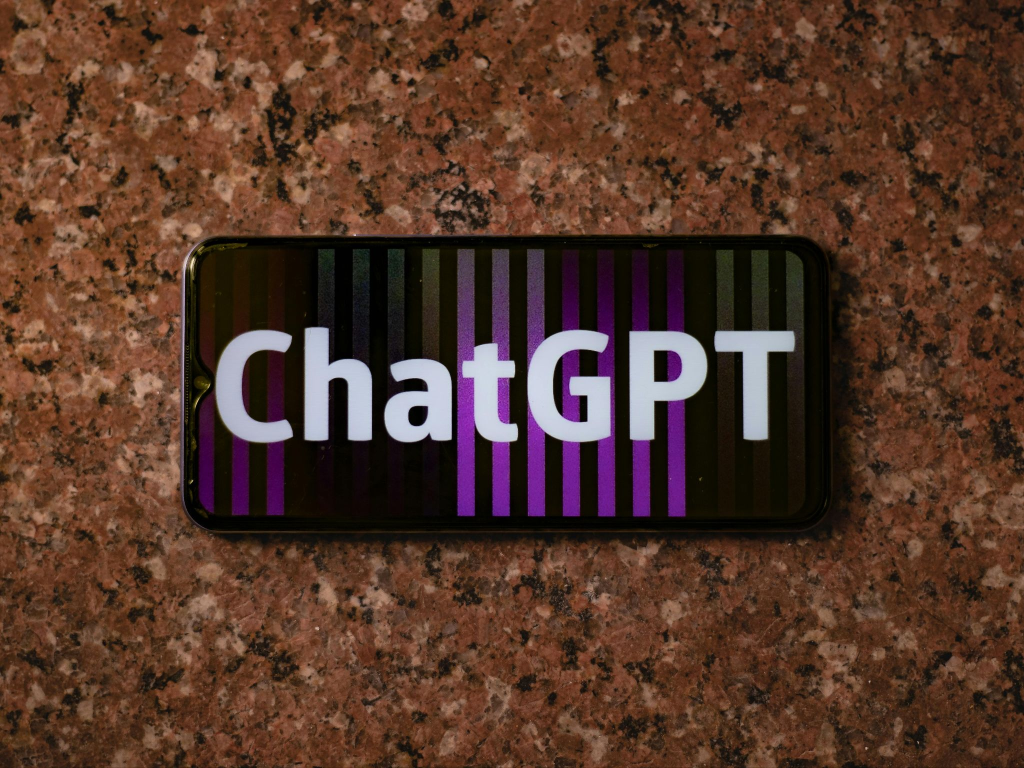In the vast cyber expanse, where mighty algorithms vie for the title of search sovereign, a new contender has joined the ring—ChatGPT. Picture this newcomer as your digital sherpa through the labyrinth of online information, firing quick and savvy answers to your queries. But is this trendy sidekick truly outshining the old, reliable Google horse? It’s an interesting question.
The Emergence of ChatGPT
ChatGPT prances in wielding the gorgeously complex sword of language generation, a wizard at understanding and producing human-like text. Unlike Google, this AI isn’t confined by a fixed set of rules or a database—it learns and adapts with every conversation. It’s the difference between leafing through an encyclopedia and having a topic expert by your side.
How does it work its magic? ChatGPT processes natural language inputs and generates responses in a manner similar to human conversation. Consider it a sophisticated exercise in prediction, where the GPT (Generative Pre-trained Transformer) technology guides you through an intricate landscape crafted from words.
Consumer Adoption Trends
There’s an electric buzz in the air that spells change. Data from recent surveys crackle with a newfound preference for interacting with AI chatbots like ChatGPT. Seemingly mundane searches for weather updates or recipe ideas have transformed into dialogue-based adventures that consumers are eager to join.
This trend is more than just a phase; it’s a paradigm shift in how we engage with the digital universe. People are no longer content with the staid one-way street of searching on Google; they want the conversational roundabouts that AI chatbots provide. You want to grow your business with a PPC specialist and SEO experts, so what do you need to know?
Advantages and Limitations
ChatGPT, with its conversational prowess, offers a more nuanced search experience. Ask it a question, and it’ll hand you a personalized response that’s not just a search result but a tailored explanation, often buzzing with life and personality. It’s engaging, and in the ephemeral realm of online attention, that is currency.
But, deploying AI for search also brings a string of caveats. While ChatGPT is a cunning linguist, its knowledge is only as broad as the data it has absorbed. This means that intricately specific queries can sometimes stump it, leaving the wielder of the digital sword hanging.
Google, on the other hand, with its colossal database and finely-tuned search optimization, remains an unchallenged force—the knower of all, the weaver of the web itself.
The Future of Search
Like the archetypal tale of the protagonist’s acceptance of their trusted mentor (in our case, ChatGPT), we might be on the cusp of redefining the search narrative. The AI revolution doesn’t seek to dethrone the search-engine king as much as it wants to share the throne.
But what if AI chatbots like ChatGPT have possible future dominance? What sort of world awaits us, where conversations with a screen might replace the staccato tapping on a keyboard? Businesses will pivot, SEO strategies will evolve, and perhaps the information superhighway will be a place where you don’t just look for answers, but for a connection.
In the end, the question remains—will ChatGPT just be a blip on the search radar, or is it heralding an AI-led renaissance? Tune in, as the virtual adventure is just starting.
